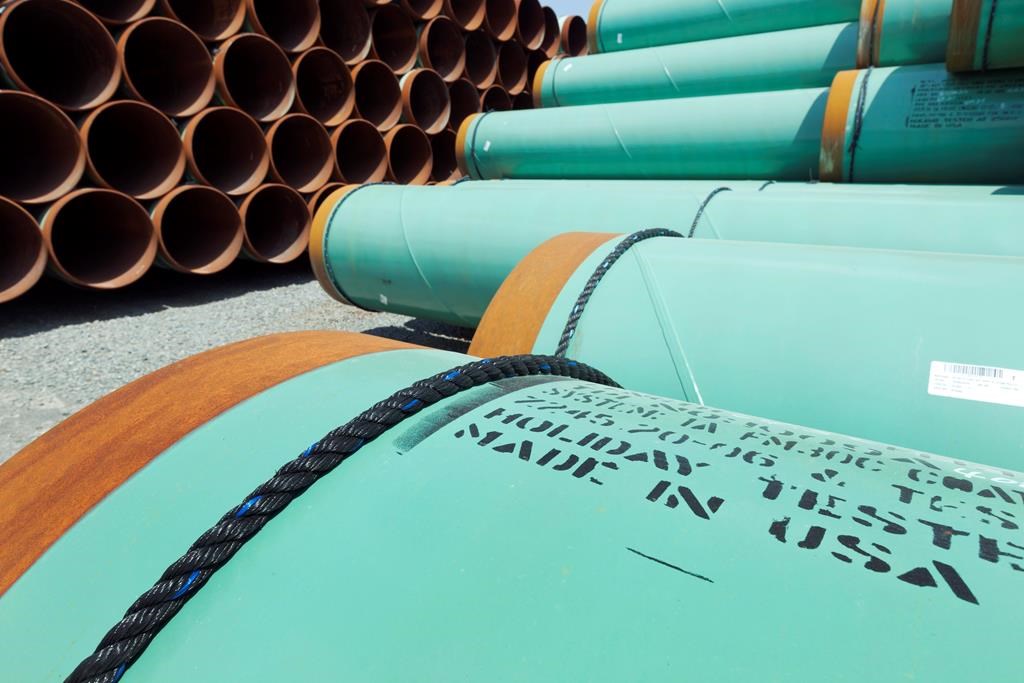Manitoba Premier Brian Pallister says he is open to discussing a possible oil pipeline to the Port of Churchill as a way of getting western energy to ocean tankers.

The idea has been revived recently by Saskatchewan Premier Scott Moe, among others, and comes seven years after Manitoba’s former NDP government rejected shipping oil by rail to the subarctic town on Hudson Bay.
“The previous NDP government dismissed the very idea of shipping oil products out of Churchill out of hand, without even looking at it,” Pallister said in an interview this week.
That’s not the approach of his Progressive Conservative government, he said.
“We’re very, very big on northern development and I’m very, very committed to working in partnership with affected people in northern Manitoba — including First Nations and Metis people — to make sure that we find great job opportunities and economic development opportunities for northern communities.”
Pundits and politicians have pushed for a pipeline to Churchill as a way to get oil from Alberta and Saskatchewan onto tankers bound for international markets.

Get daily National news
There is no company planning to build such a pipeline, but the idea was brought up again this month in Saskatchewan, where the government has formed a committee to look at ways to get more pipelines built. The Saskatchewan Party government also has a 10-year economic plan that includes “supporting efforts to export oil by tanker through the Port of Churchill.”
When Denver-based Omnitrax proposed shipping oil by rail through the port in 2013, Manitoba’s NDP government, environmental groups and many area residents opposed the plan over fears a spill could devastate the environment and ecotourism in Churchill.
The town of 900 is known as the polar bear capital of the world and also bring in tourists to watch beluga whales and the northern lights.
Opponents also pointed to the boggy terrain that heaves and shifts. It has long been one source of slowdowns and disruptions in rail traffic. Eric Reder with the Wilderness Committee recently said a pipeline would face tremendous stress along the hundreds of kilometres of subarctic ground.
Dave Daley, president of the Churchill Chamber of Commerce, has said opinions in the town are mixed. Some people see big economic benefits from greater traffic through the port.
Pallister said any pipeline proposal would have to undergo environmental assessments.
“Our environmental policies are very clear in our province … so we’re going to have to balance those considerations as we look at this project proposal that has yet to be clearly defined,” he said.
“But … we’re certainly ready to work in partnership with the people of the region, and with other provinces, to examine fully the potential for projects like this.”
Manitoba New Democrats, now the official Opposition, said a pipeline should be a non-starter.
“We oppose building a pipeline to Churchill that would put the community, the environment and our vulnerable polar bear species at risk,” environment critic Lisa Naylor said in a written statement.
“We’re proud to stand with the community who have already rejected this project.”








Comments